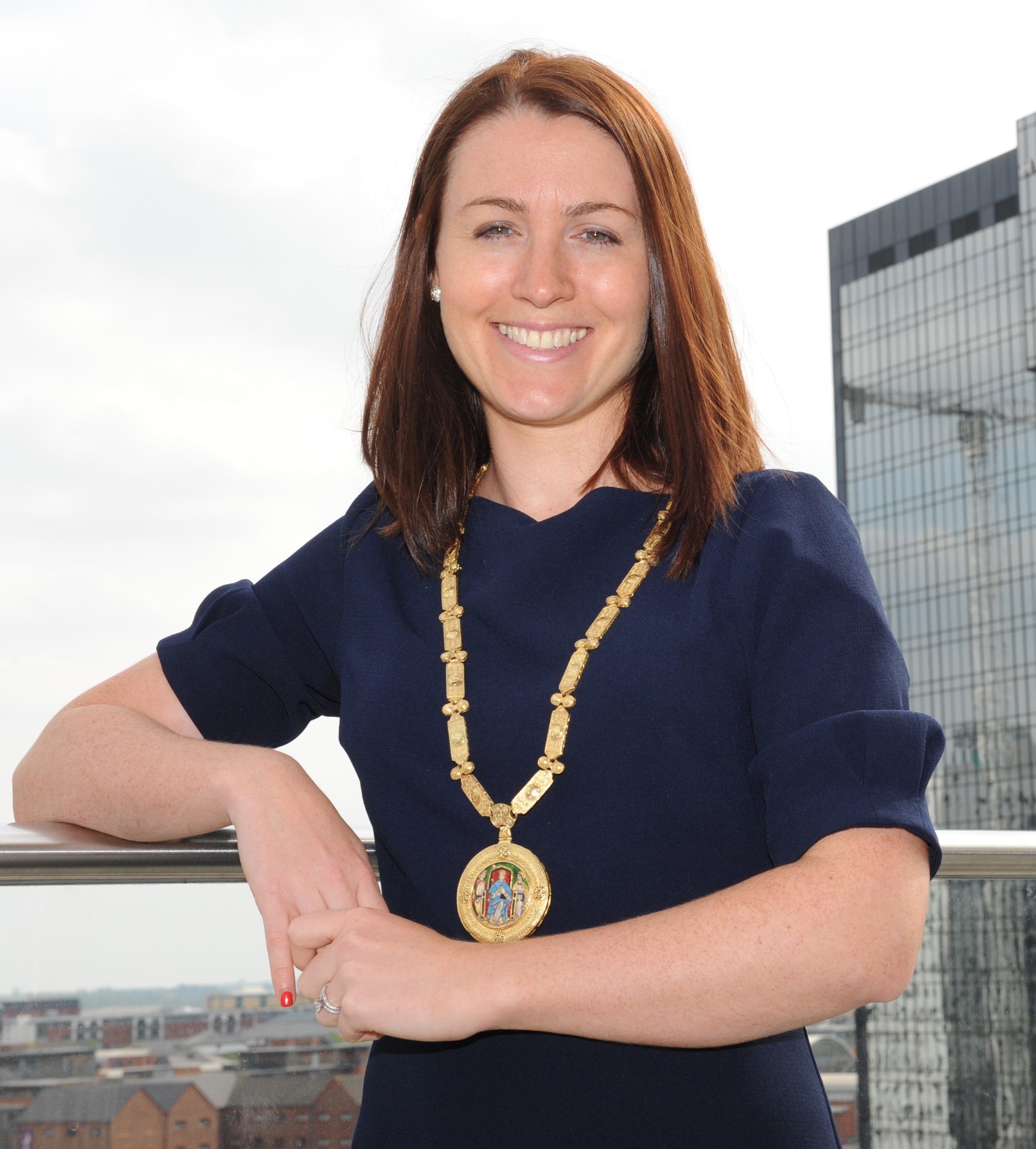
What was your route into the profession?
Somewhere in the middle of my French and History degree at the University of Nottingham I decided that a career in law sounded interesting. I had always enjoyed a good debate and wanted a career that would be people-focused and give me plenty of responsibility at an early stage. Over the next couple of years I undertook a variety of legal work experience and thoroughly enjoyed it. So, after I graduated, I moved to Birmingham to do the Graduate Diploma in Law (GDL). I fell in love with the city and decided that I wanted to stay here. Towards the end of my GDL I secured a training contract with what was then Martineau Johnson (now Shakespeare Martineau), where I eventually qualified into the employment team.
In 2013 I moved to the University of Birmingham, where I split my time between overseeing the pro bono provision in the Law School and working in the in-house legal team, advising the university on matters of employment law. Eventually I moved full-time into the Law School where I continue to be the supervising solicitor for the pro bono programmes, as well as a senior lecturer and manager of the Centre for Professional Legal Education and Research.
What has been your biggest career challenge so far?
One of the best things about a career in law is that the challenges just keep coming. Just when you think you’ve cracked it, another new opportunity appears on the horizon ready to challenge you all over again. The first time I appeared in the employment tribunal on behalf of a client was pretty scary; moving to in-house practice and losing the comfort of having a big team around me was also quite daunting. Most recently, becoming the youngest ever president of the Birmingham Law Society is a pretty big challenge, but an exciting opportunity too.
Which person within the legal profession inspires you most?
I have been lucky enough to have met and worked with many inspirational people over the course of my career. However, those who inspire me most are the lawyers working in areas of social welfare law in firms, chambers and law centres around the country under legal aid contracts and thanks to charitable funds. They aren’t doing it for the money or the glamour or the recognition, but because of the commitment to equality, fairness of opportunity and access to justice. Pretty inspirational in my opinion.
If you weren’t a lawyer, what would you choose as an alternate career?
That’s a tough one. I think I would probably have ended up working in the third sector, or perhaps in journalism.
Who is your favourite fictional lawyer?
Atticus Finch. I know it’s a cliché, but a lawyer standing up for justice and doing what’s right, against all the odds and in the face of prejudice and discrimination. Even Elle Woods and Harvey Specter can’t top that.
What change would you make to the profession?
There is still a need for greater equality and diversity within the profession. Although things are improving, we know, for example, that women remain under-represented at partnership level. With 2019 marking the 100th anniversary of women being permitted to practise law, this is an excellent time to be having conversations about how we can ensure equality of opportunity for all those with the necessary skill and ability who wish to be a part of our profession, regardless of race, gender, social background or any other factor.
How do you relax?
Spending time with family and friends, travelling to far-flung places as often as I can, climbing mountains, yoga, reading good books, and watching terrible, cheesy films on Netflix.
Linden Thomas is an in-house solicitor, lecturer and manager of the Centre for Professional Legal Education and Research at the University of Birmingham, and was recently elected as president of the Birmingham Law Society.








